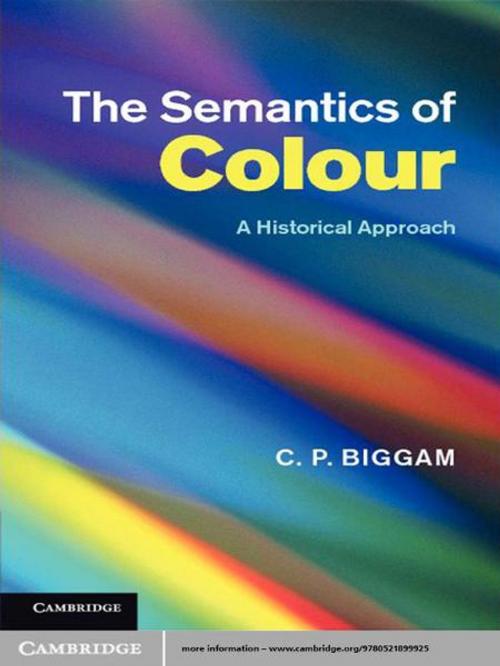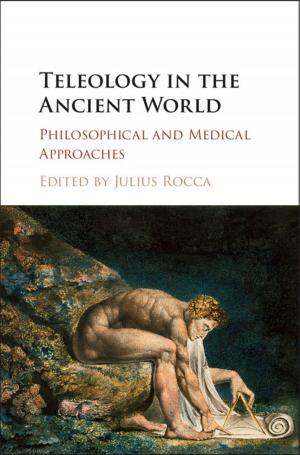The Semantics of Colour
A Historical Approach
Nonfiction, Reference & Language, Language Arts, Linguistics| Author: | C. P. Biggam | ISBN: | 9781139334099 |
| Publisher: | Cambridge University Press | Publication: | March 29, 2012 |
| Imprint: | Cambridge University Press | Language: | English |
| Author: | C. P. Biggam |
| ISBN: | 9781139334099 |
| Publisher: | Cambridge University Press |
| Publication: | March 29, 2012 |
| Imprint: | Cambridge University Press |
| Language: | English |
Human societies name and classify colours in various ways. Knowing this, is it possible to retrieve colour systems from the past? This book presents the basic principles of modern colour semantics, including the recognition of basic vocabulary, subsets, specialised terms and the significance of non-colour features. Each point is illustrated by case studies drawn from modern and historical languages from around the world. These include discussions of Icelandic horses, Peruvian guinea-pigs, medieval roses, the colour yellow in Stuart England, and Polynesian children's colour terms. Major techniques used in colour research are presented and discussed, such as the evolutionary sequence, Natural Semantic Metalanguage and Vantage Theory. The book also addresses whether we can understand the colour systems of the past, including prehistory, by combining various semantic techniques currently used in both modern and historical colour research with archaeological and environmental information.
Human societies name and classify colours in various ways. Knowing this, is it possible to retrieve colour systems from the past? This book presents the basic principles of modern colour semantics, including the recognition of basic vocabulary, subsets, specialised terms and the significance of non-colour features. Each point is illustrated by case studies drawn from modern and historical languages from around the world. These include discussions of Icelandic horses, Peruvian guinea-pigs, medieval roses, the colour yellow in Stuart England, and Polynesian children's colour terms. Major techniques used in colour research are presented and discussed, such as the evolutionary sequence, Natural Semantic Metalanguage and Vantage Theory. The book also addresses whether we can understand the colour systems of the past, including prehistory, by combining various semantic techniques currently used in both modern and historical colour research with archaeological and environmental information.















